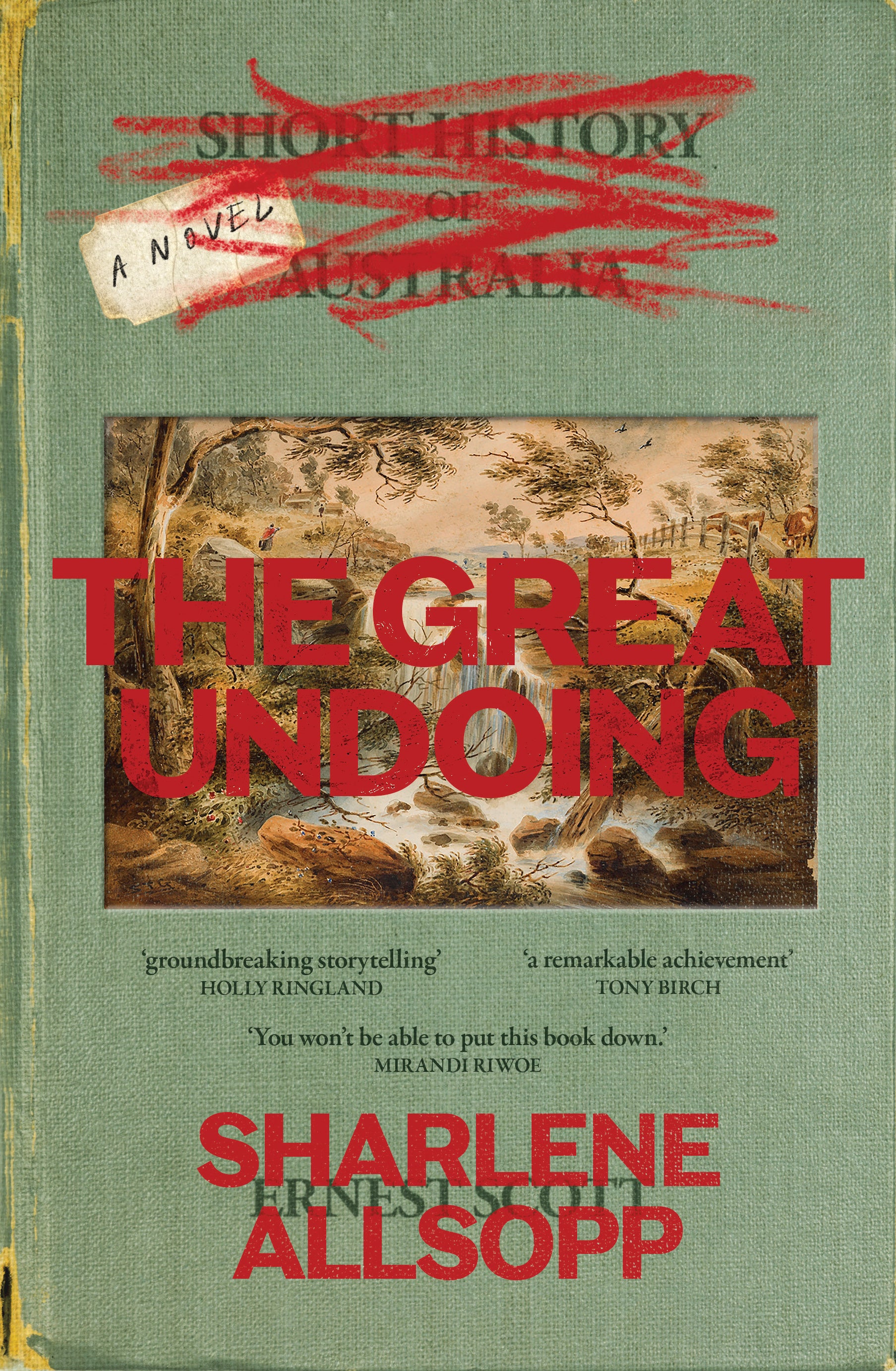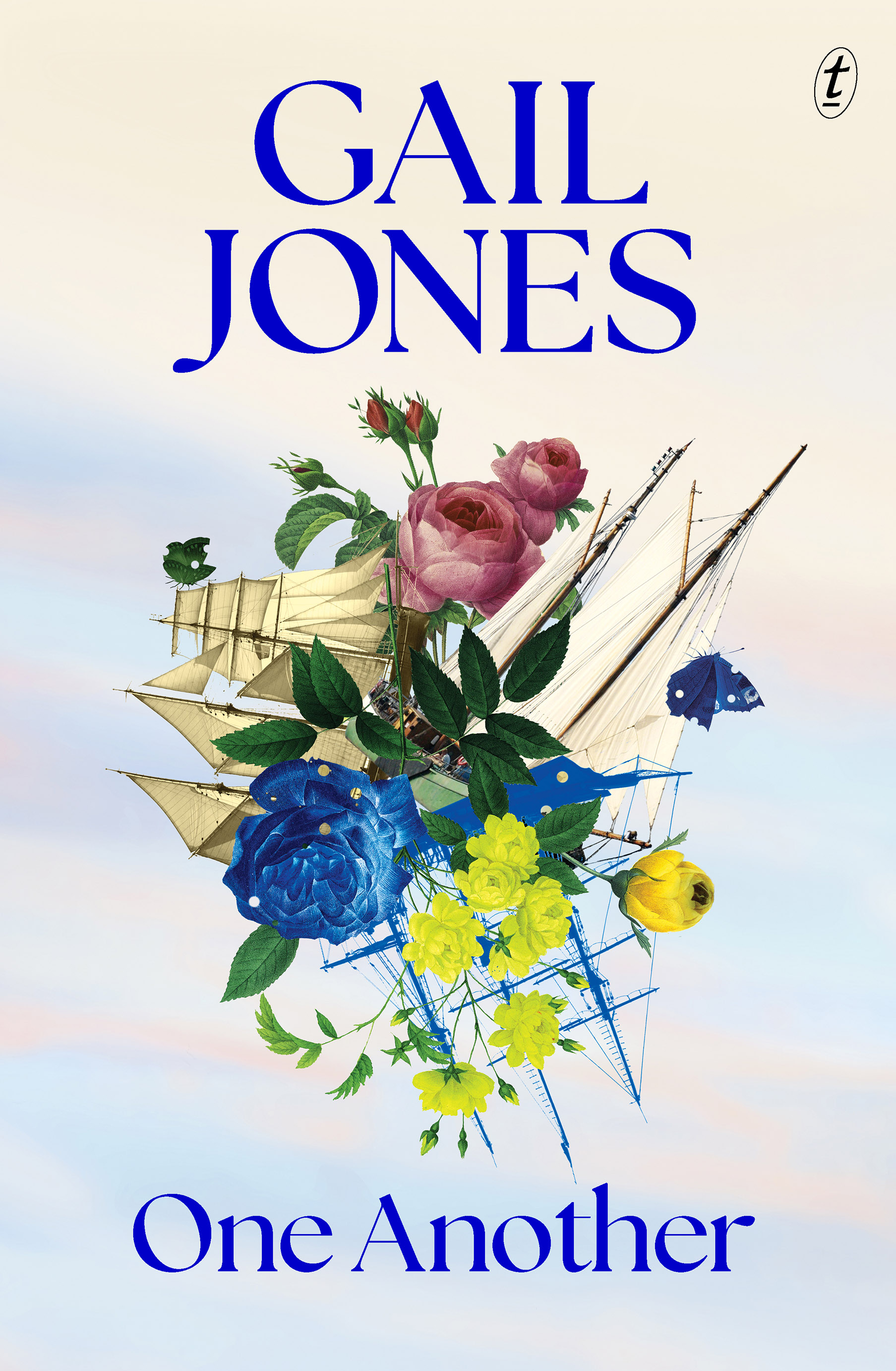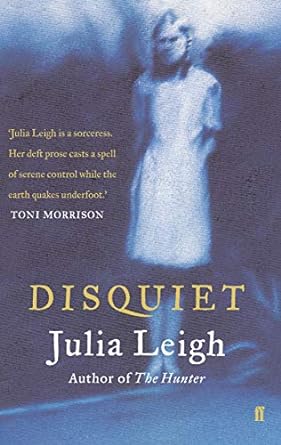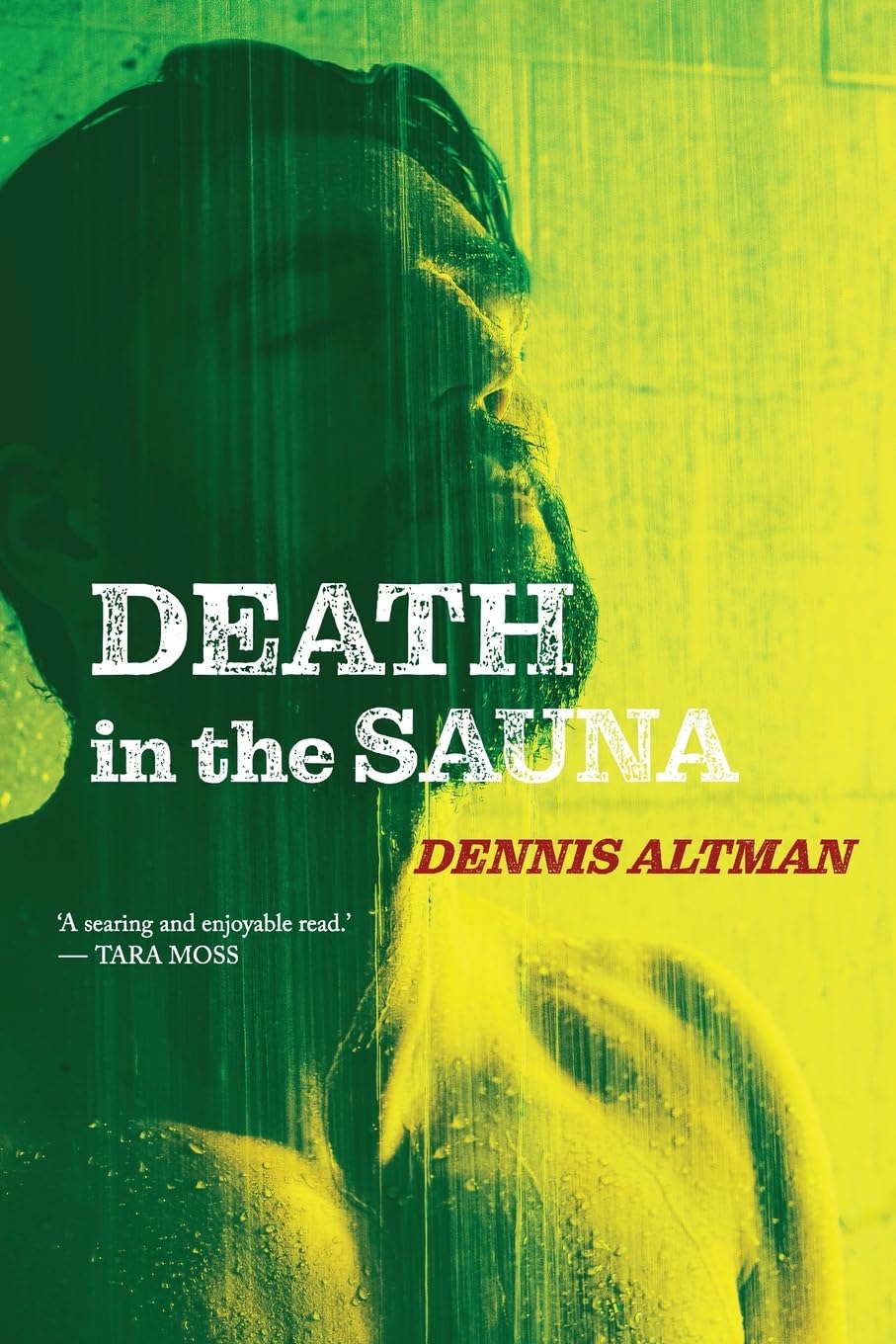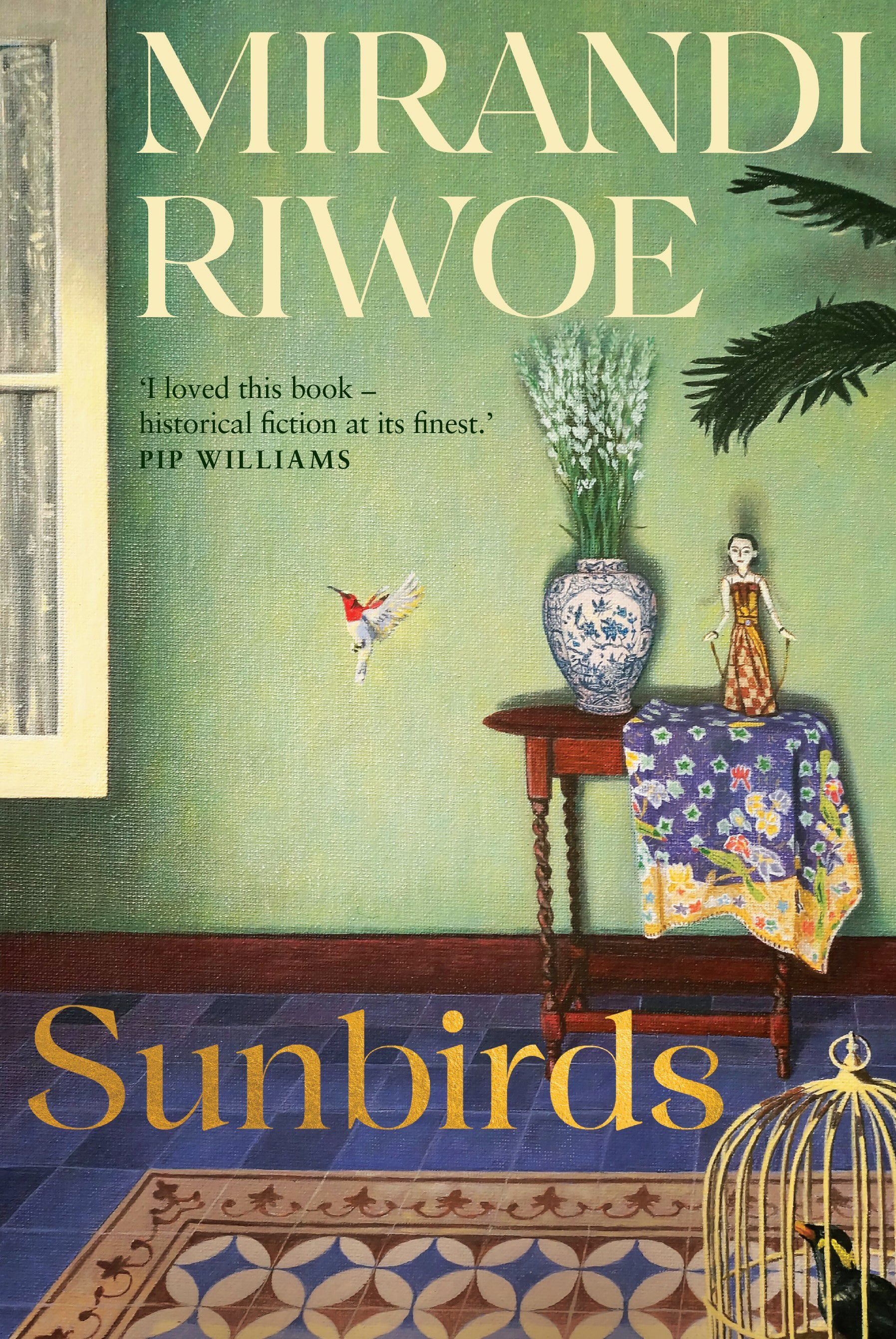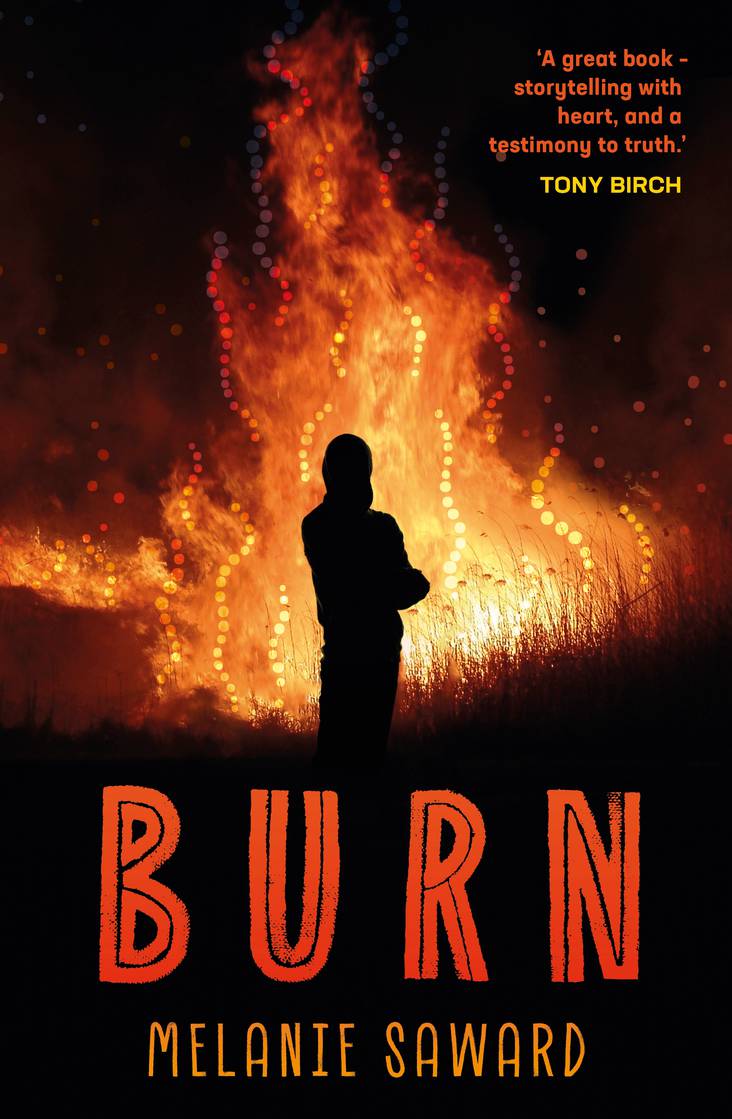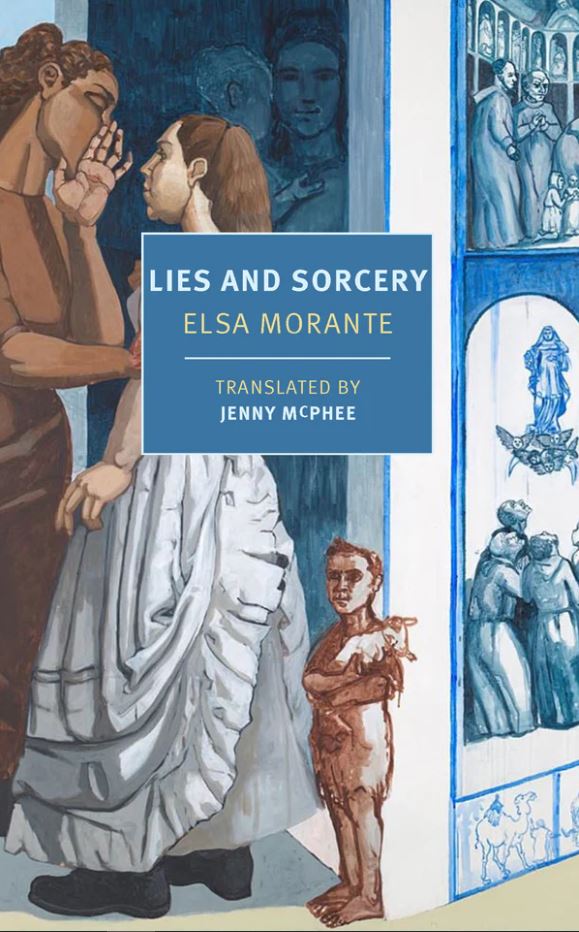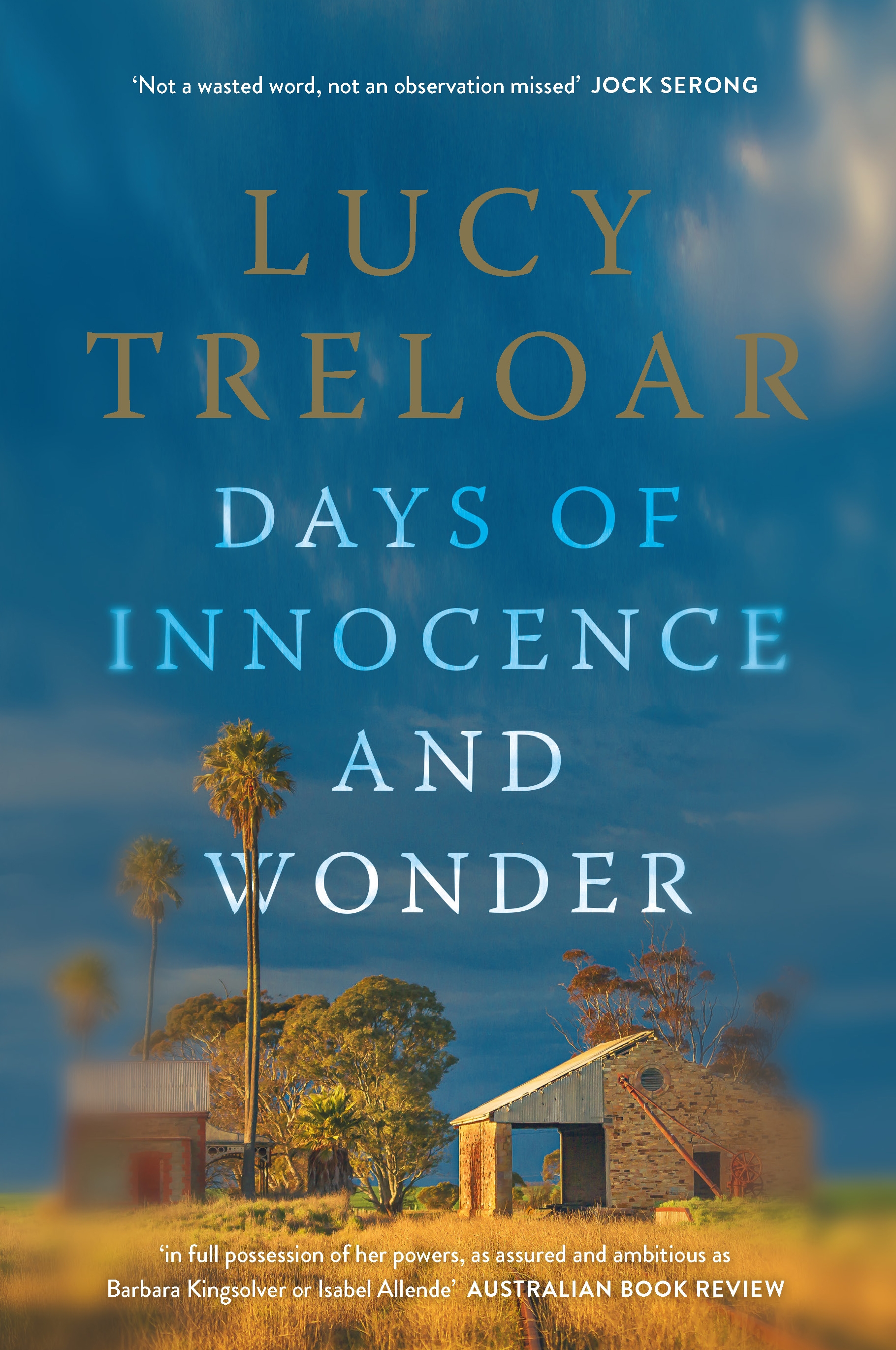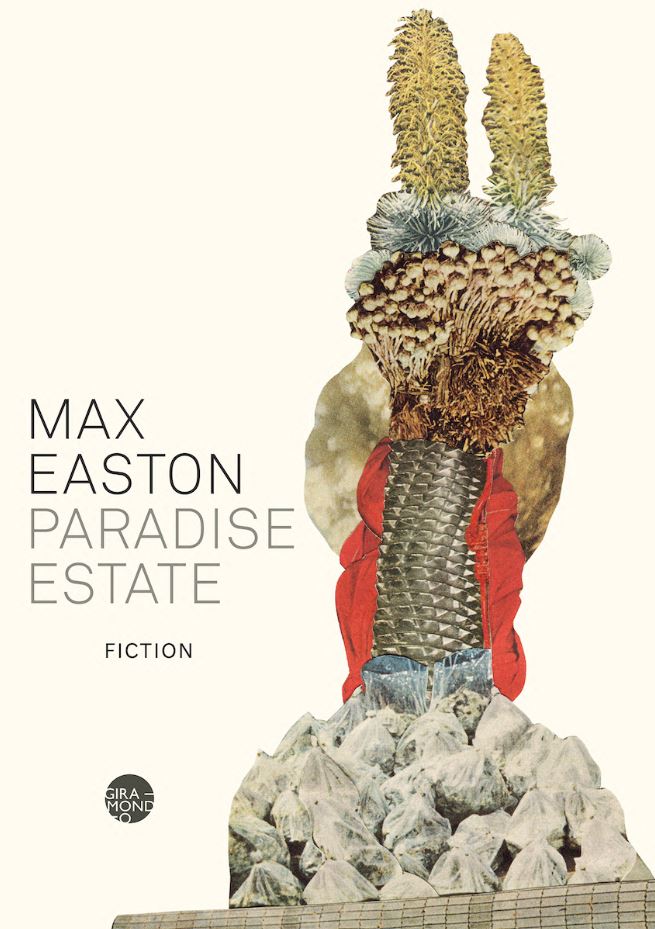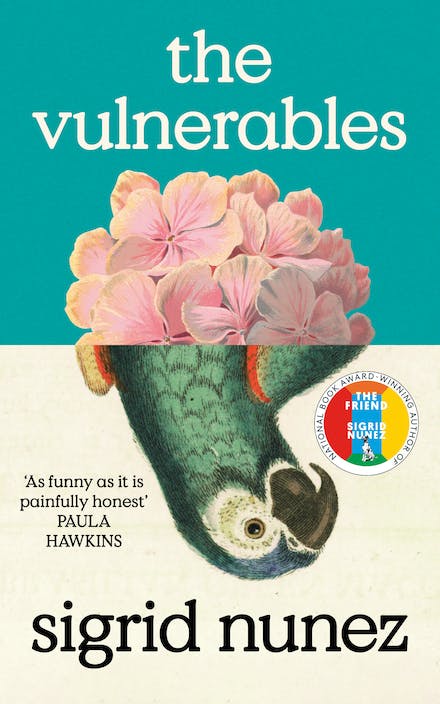Fiction
Over the past two decades, novelists such as Alexis Wright, Kim Scott, and Ellen van Neerven have produced a body of work that not only unflinchingly explores the reality of Indigenous experience, but in many cases revisions the boundaries of the novel altogether, dissolving the strictures of conventional realism to give shape to Indigenous notions of temporality and relationship with Country.
... (read more)It is 1992, the year of the Mabo judgment, and Helen, a scholarship student from Tasmania, is undertaking a PhD at Cambridge, writing a thesis titled ‘Cryptomodernism and Empire’. It is on Joseph Conrad, a writer about whom her peers are contemptuous. Helen is dealing with a forlorn and dismissive supervisor, and the disappointment that her experience abroad was not what she had expected. Her ‘fantasy of vigorous literary talk, multisyllabic and theoretical, was soon defeated’.
... (read more)Julia Leigh rose to prominence at the end of the 1990s, when Australian literature was experiencing the best and worst of times. Though the 1990s were not the ‘low dishonest decade’ that the post-9/11 allegorical reading of W.H. Auden’s poem ‘September 1, 1939’ implied, this characterisation was apt where Australian literature, or at least its worldwide reception, was concerned. Relentless hype tended to drive out literary factors altogether, even as Australian novels reached audiences they had never before attained. As a young, gifted writer with a sharp, fresh style, Leigh could have easily followed up the success of the The Hunter (1999) by writing a middlebrow-pleasing mega-blockbuster. Instead, she has produced a very short but demanding work that is both compelling and highbrow. Disquiet is an even better book than The Hunter – less formulaic, operating on the level of touch as well as trope, and furiously part of the twenty-first century.
... (read more)Dennis Altman’s new novel, Death in the Sauna, begins with, yes, a death in a sauna. The respected virologist Pomfrey Lister is found lifeless in a London gay venue, days before a major AIDS conference that he is chairing. His naked corpse is transported home and a death certificatepronouncing natural causes is produced. This hasty denouement is ostensibly aimed at concealing the salacious nature of Lister’s demise, which might overshadow both the conference and his legacy.
... (read more)The potential for Australian literature to address the history of colonised people in this country and elsewhere is of great consequence. New perspectives not only rewrite history to include ‘herstory’, but also reconsider what we believe and broaden our view of ourselves as active contributors to our collective and individual past. A spate of recent books has attempted to do this: Anita Heiss’s Bila Yarrudhanggalangdhuray: River of Dreams (2021) and Geraldine Brooks’s Horse (2022) are two that come to mind.
... (read more)Burn by Melanie Saward & We Didn’t Think It Through by Gary Lonesborough
Melanie Saward, a Bigambul and Wakka Wakka writer living in Tulmur (Ipswich), is a fresh and insightful storyteller. Her first Young Adult novel, Burn (Affirm Press, $34.99 pb, 296 pp), is a tumultuous narrative about an Aboriginal youth, Andrew, and his obsession with lighting fires. It has a touch of Trent Dalton’s Brisbane struggle street, but the story draws us into psychological observation in Goori Andy’s cries for help and his longing for his parent’s attention. The novel begins with a bushfire lit by an unknown arsonist, in which a boy dies. This tragedy frames the narrative as we go on the journey with Andy and his mates Trent and Doug, wild teenagers who like to smoke dope and eat at McDonald’s. They are innocents in a world that ignores them as the author interrogates relationships between the lads and several irresistible young females.
... (read more)Lies and Sorcery by Elsa Morante, translated by Jenny McPhee
Elena Ferrante declared Elsa Morante’s début novel Menzogna e sortilegio (1948) ‘fundamental’ to her literary formation. The novel is now available unabridged in English for the first time as Lies and Sorcery, in a brilliant translation by Jenny McPhee.
Like Ferrante’s Neapolitan quartet, Morante’s novel begins with the loss of the woman closest to the narrator, propelling a first-person epic to recover a shared past. However, this novel has little of the visceral realism that Ferrante has become famous for in the Anglophone world. It is instead a delirious mix of ghost story, romantic epic, and Künstlerroman that remains almost as difficult to categorise today as when it was published at the height of Italian neorealism.
... (read more)Days of Innocence and Wonder by Lucy Treloar
Through the gates of a kindergarten in Melbourne’s inner-north, a man strikes up a conversation with two little girls, which violently alters the course of their lives. The bolder of the pair, a child who ‘runs at life’, goes with him. The meeker stays behind, becoming the serial predator’s only known survivor.
... (read more)Max Easton’s second novel begins in early 2022 when an ensemble of thirty-somethings loosely connected through mutual friends and subcultural scenes decide to lease a four-bedroom share house. The house in Sydney has its flaws. Mould colonies grow on ceilings and walls in a ‘rich spectrum’, aided by a series of La Niña weather events. Situated just off a main road and surrounded by high-rise apartment buildings, the property offers little in the way of privacy. The fascia gutters are blocked by champagne corks popped from the apartment balconies above.
... (read more)What does it mean to narrate the humiliations of ageing, loneliness, and death in the first person when your background is working class? For such a writer, saying ‘I’ is political too, said Annie Ernaux in her Nobel Prize lecture, because it involves claiming an authority rarely granted in other parts of life. Ernaux uses her incendiary, affectless ‘I’ not just to recount one individual experience, but to transcend it. For ‘I’ to speak to the reader it must become, she says, ‘transpersonal’.
... (read more)
